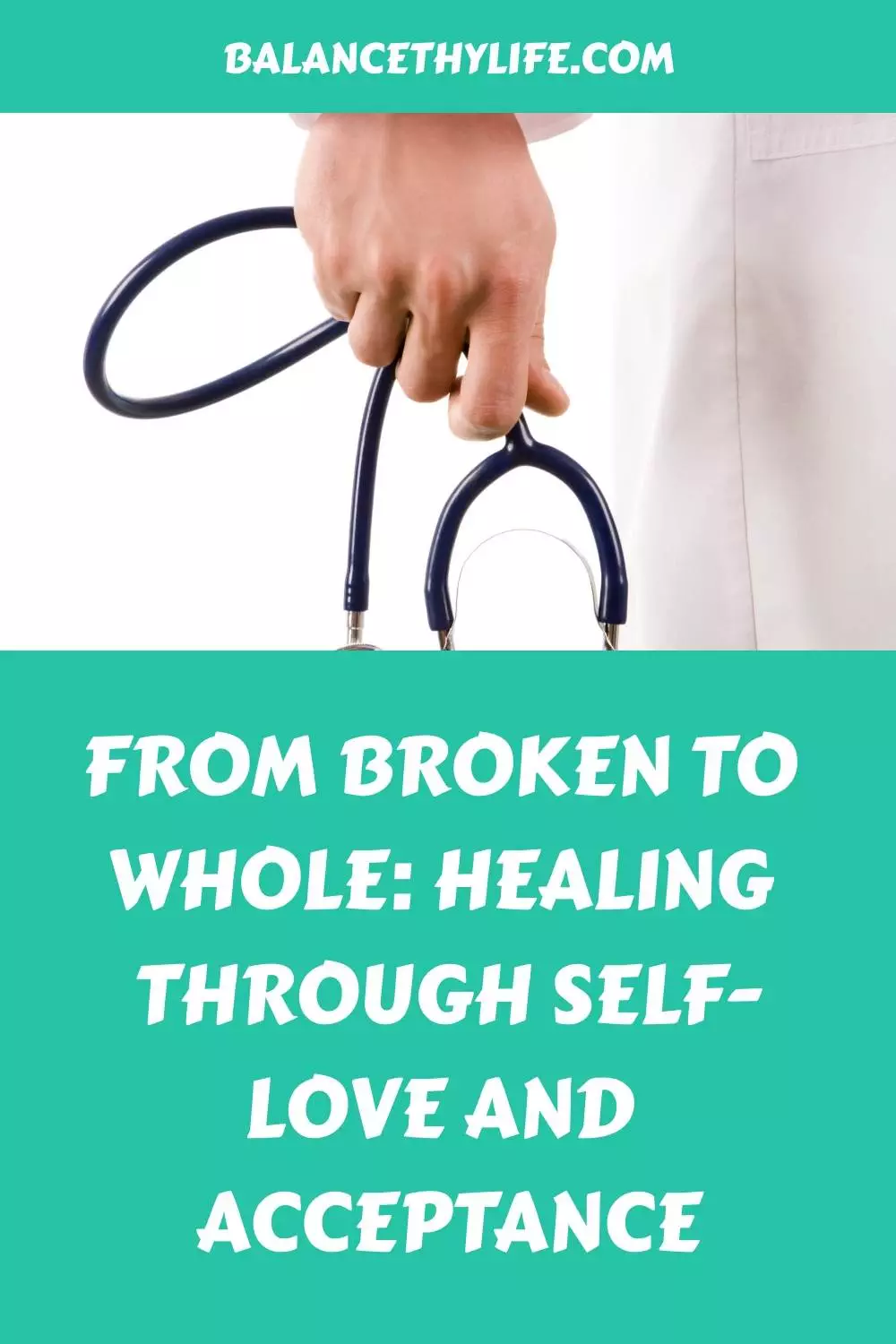Introduction: The Power of Self-Love
We all have a desire for love, connection, and acceptance. However, many people struggle with feeling worthy or deserving of these things due to past hurts, trauma, or negative self-talk. In order to truly heal from the inside out, it’s essential to cultivate a deep sense of self-love and acceptance. This can be challenging at times, but it’s possible to move beyond feelings of brokenness and embrace a life of wholeness through intentional self-care and forgiveness.
Section 1: Understanding the Importance of Self-Acceptance
Self-acceptance is an integral part of the healing process because it allows us to acknowledge our flaws without judgment. When we learn to accept ourselves as we are, we can begin to let go of shame, guilt, and other negative emotions that hold us back from living our best lives. It’s crucial to understand that self-acceptance doesn’t mean settling for mediocrity or giving up on personal growth; rather, it means embracing who you are right now while striving towards your goals and aspirations. By practicing self-compassion and kindness, you can build resilience and overcome obstacles more effectively.
Section 2: Practicing Self-Care and Loving Yourself Unconditionally
Self-care is an act of self-love that involves taking care of yourself physically, mentally, and emotionally. It may involve activities such as exercise, meditation, journaling, or spending time in nature. The key is to find what works best for you and make it a regular habit. Additionally, loving yourself unconditionally means showing up for yourself no matter what. This might include setting boundaries with others, saying “no” when necessary, and prioritizing your needs above others’. By doing so, you demonstrate that you value yourself and respect your own worth.
Section 3: Healing from Past Hurts through Self-Forgiveness
Forgiving oneself can be one of the most difficult aspects of the healing process. We often carry around guilt, regret, or anger towards ourselves for past mistakes or failures. However, holding onto these negative emotions only serves to perpetuate feelings of isolation and loneliness. Instead, try to approach forgiveness as an act of self-love and release any attachments to the past. This might involve acknowledging your role in certain situations, making amends where appropriate, and letting go of any residual pain or resentment.

Conclusion: Embracing a Life of Wholeness Through Self-Love
Ultimately, the journey towards self-love and acceptance is a lifelong pursuit. It requires patience, persistence, and a willingness to show up for yourself even during challenging times. By committing to this practice, however, you can experience profound transformation and discover a deeper sense of peace and fulfillment. Remember that you are worthy of love, belonging, and joy, and that by honoring yourself, you can create a ripple effect of positivity that impacts those around you as well.








